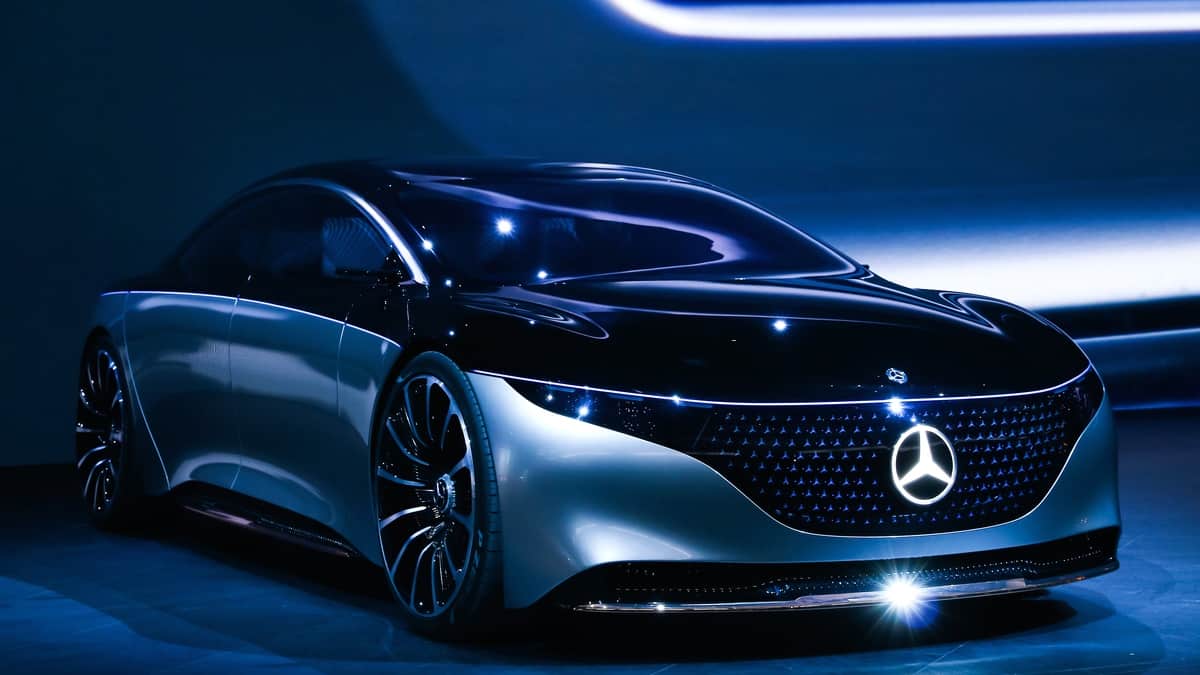As Mercedes-Benz released its global reports between July and September, the automaker successfully sold 30,000 electric vehicles, up 28% compared to Q2 and an increase of 115% compared with the year-earlier period, according to the Electric Cars Report.
Mercedes-Benz Passenger Cars deliveries were around 517,800 units (+21%) in the July to September period, the strongest quarter of sales in 2022, even as production and sales continue to be affected by semiconductor shortages and supply chains.
Additionally, in the first nine months, BEV sales doubled to 75,400 units (+126%). 13,000 BEVs deliveries for September represent a new monthly sales record.
As electric vehicles demand in the US ramps, Mercedes is introducing a full lineup, including the all-new EQS SUV that will arrive later this month.
Patrick Hummel, the head of global auto research at UBS, has warned investors to expect challenges in the auto industry. Mainly, Hummel has explained that US automakers such as Ford and GM will likely see weakening demand while input costs are still elevated, causing a profit drop. However, Hummel has maintained a buy rating for Mercedes, pointing out that it will better prepare luxury automakers like Mercedes for what’s to come with wider margins and a more substantial consumer base, as per Electrek.
“In a challenging business environment – primarily defined by ongoing semiconductor shortages – we continue to see robust demand for Mercedes-Benz resulting in the strongest sales quarter this year,” said Britta Seeger, Member of the Board of Management of Mercedes-Benz Group AG, responsible for Mercedes-Benz Cars Marketing and Sales. “With the EQS SUV and EQE SUV, which celebrates its premiere in Paris on October 16th, our customers can choose a fully electric vehicle in every segment served by Mercedes-Benz. We offer a choice of eight all-electric Mercedes-Benz models – more than any of our competitors.”
The new Mercedes EQE EV, introduced in China this quarter, hit 3,500 sales globally. For entry-level vehicles, electric models accounted for 10% of total sales as EQB deliveries reached 3,400, its best month. The Mercedes EQS had its highest quarterly sales in Q3, with 5,400 units. While the EQS SUV started production and reached showrooms in the US.
Deliveries of 75,900 units (+23%) of xEV models (PHEVs and BEVs including smart) in the third quarter were reached, equivalent to an xEV-share of 15%, and reached 215,400 units (+17%) in the first nine months of the year.
As new incentives and rebates roll out across the United States, demand for electric vehicles is predicted to continue rising. Mercedes looks to capitalize on the market growth with a lineup of new electric models.
In addition to accelerating the transformation towards an all-electric future, Mercedes-Benz is working continuously on improving the charging network for its customers. Mercedes-Benz increased charging points within its Mercedes Me Charge service to over 850,000 (+70%) worldwide in the past year, increasing planning certainty for long-distance travel.

